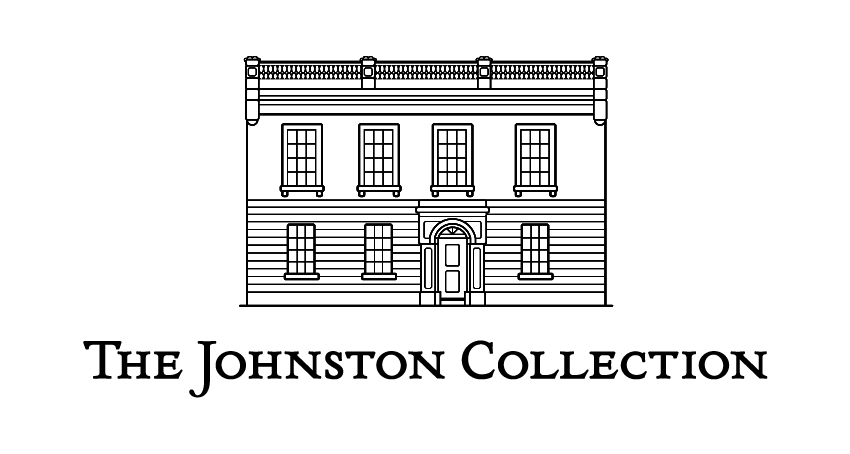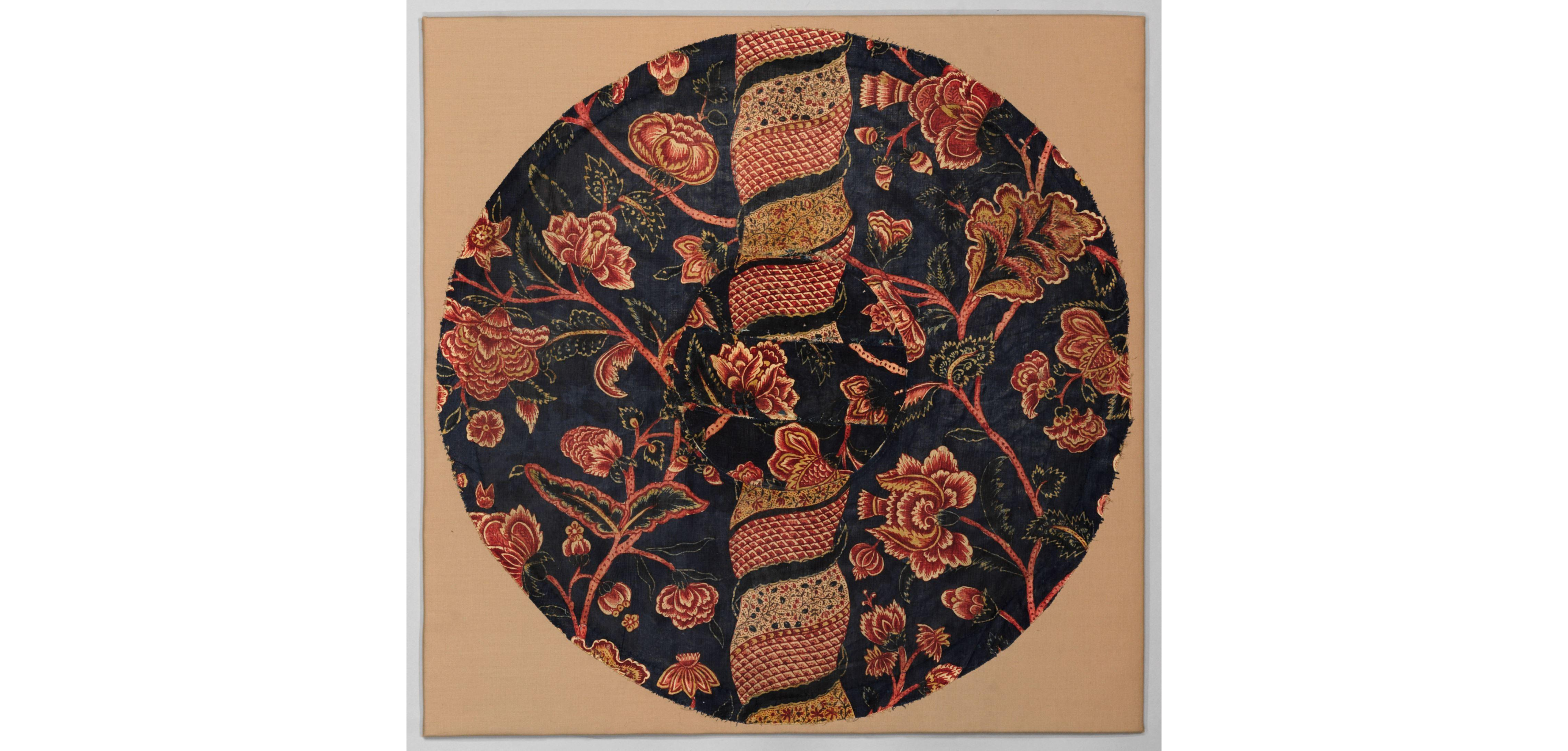FABRICATING THE WORLD SERIES | East Indies goods and the rise of female retailers in early modern London with Dr Sarah Bendall
Saturday 12 Oct 2024, 2:00 PM – 3:30 PM
In late seventeenth-century England, textiles from the East Indies and Middle East abounded. Fashionable Londoners could purchase ‘Indian sattin’ and ‘Indian painted calico’, ‘Chinese taffeta’, ‘Bengals’, ‘Persians’ and ‘Turkey silks’, to name a few. These textiles irrevocably changed fashionable clothing and furnishings, as well as Europe’s relationship with the wider world, forging powerful trade networks and laying the groundwork for colonial expansion. This paper examines the roles of women as not just consumers of ‘India goods’, but also as merchants, retailers and makers during the period from 1670-1701. The influx of brightly coloured, lightweight patterned ‘Indian’ cottons and silks, as well as porcelain and lacquerware furniture, encouraged new forms of merchandising and allowed women to play new key roles in the fashion marketplace. With this came both celebrity and social influence: some of these women were known as ‘India women’ or ‘Indian gown makers’ and their retail premises were popular ‘Indian houses’. This notoriety not only gave these women access to elite clients and others in power, but some even used their newfound status and notoriety to help overthrow a king.
Dr Sarah Bendall is a Research Fellow at the Gender and Women’s History Research Centre in the Institute for Humanities and Social Sciences, Australian Catholic University. She is a material culture historian whose research examines the roles of gender in the production, trade and consumption of global commodities and fashionable consumer goods between 1500-1800. She is author of Shaping Femininity (Bloomsbury, 2021) and currently writing her next book The Women Who Clothed the Stuart Queens (contract to Bloombury). She is also Co-investigator on the Arts and Humanities Research Council UK grant, The Making Historical Dress Network examining recreative and experimental methods in dress history.
This program is supported by The Colin Holden Charitable Trust.
Your ticket includes tea or Market Lane coffee served before the lecture, and time to browse our exclusive range of books, gifts, and homewares at TJC Emporium.
This lecture is presented on-site at The Johnston Collection. Please see your ticket for details. NOTE: Tickets for this event do not include access to our exhibition-house, Fairhall. Guided tours of the current exhibition can be booked separately.
Image: Anonymous, Fragment of a Wall Covering, c.1680. Rijksmuseum, Amsterdam.
SOLD OUT
About US
Explore
Contact
VISIT
See our VISIT page for hours and directions
BY PHONE
+61 3 9416 2515
BY POST
PO Box 79, East Melbourne VIC 8002
ONLINE
General enquiries
Membership enquiries
Shop
Donation enquiries
Subscribe to E-Newsletter




